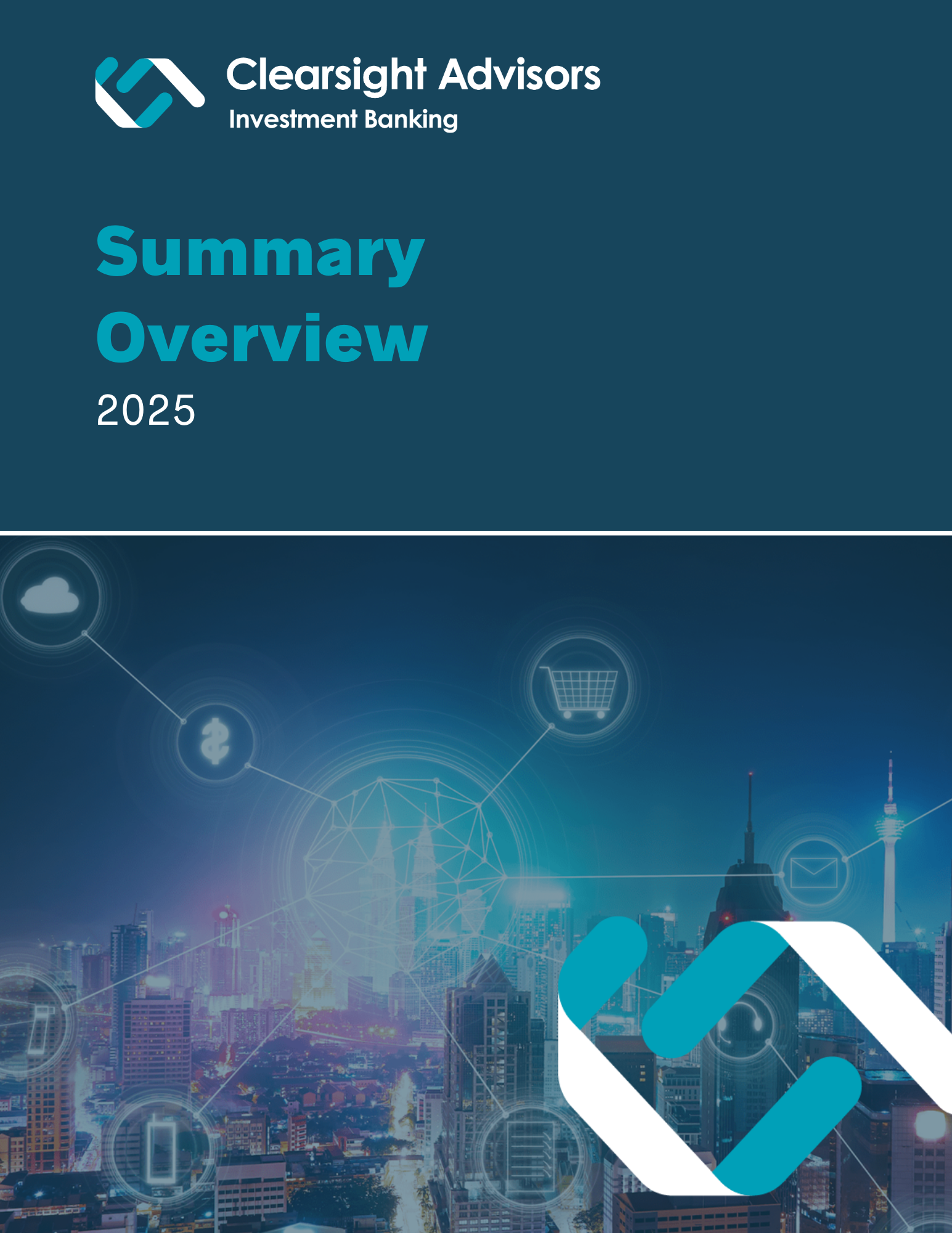Underbanked Gaining Notoriety
The underbanked market has been garnering some headlines as of late. Topics range anywhere from the PostMaster General’s report recommending the Postal Service offer financial services to under- and un-banked consumers to how bitcoin may disrupt the status quo (think check cashers and payday lenders) and become the platform of choice for underbanked consumers to conduct commerce (e.g. remittance, bill payment, etc.).
We may not know which solutions and/or services will ultimately prevail. But what is clear is that the underbanked, which approximates 28% of all American households, continue to be grossly underserved by today’s traditional financial services industry.
The good news is the winds of change are beginning to blow. After all, the underbanked is a large and still largely untapped market segment. According to the Center for Financial Services Innovation, the underbanked spent nearly $90 billion in interest and fees to alternative financial service providers (e.g., check cashers, payday lenders, etc.). With those kind of numbers it is not surprising that bank and non-bank institutions alike are beginning to take notice. A few weeks ago, Walmart, in partnership with GreenDot, announced it is rolling out a mobile checking account service linked with a debit card to its customers. This announcement was on the shirt tails of its Walmart-2-Walmart Money Transfer service announced earlier this year in partnership with Ria, a global leader in money remittance. American Express made a big bet on this market with the roll-out of its Bluebird financial service, an alternative to traditional bank accounts. Even traditional banking institutions are getting into the game. In May, JP Morgan committed $30 million to CFSI’s Innovation Lab, whose mission is to build transformative technologies to increase the financial health of Americans.
Despite the renewed interest from Corporate America, the private equity response to the growing underbanked population has been relatively muted. It is unclear what is driving this response, lack of innovation, lack of understanding of the market, or prior investment history in the space. Regardless, we believe that the market is ripe. New online and mobile solutions are coming out each year with the promise of disrupting entrenched players in remittance, cross border payments, etc. As these solutions mature and new use cases emerge, we believe that private equity investment will follow, particularly if Corporate America can offer real exit opportunities. We are looking forward to Money 20/20 this November and meeting many of the new companies serving this market.
Share
